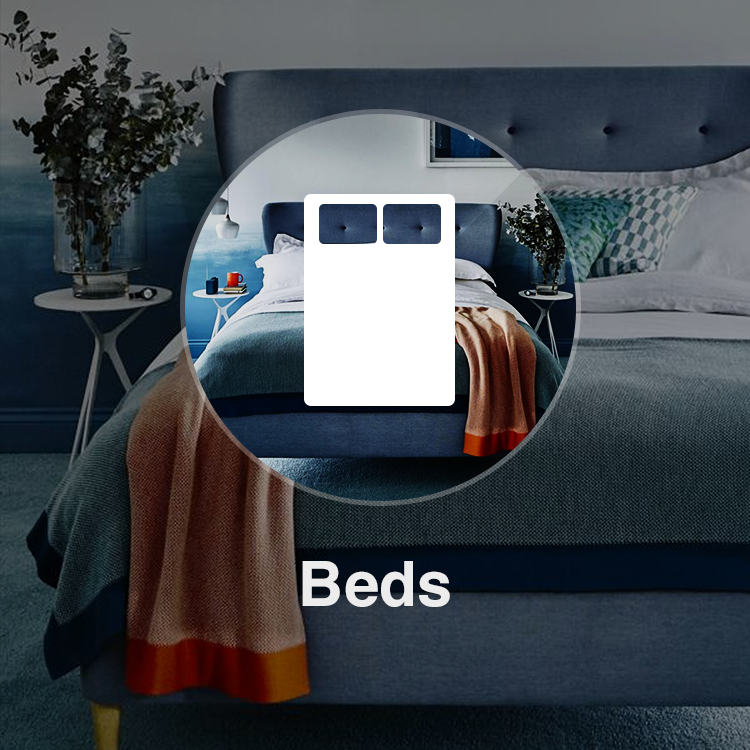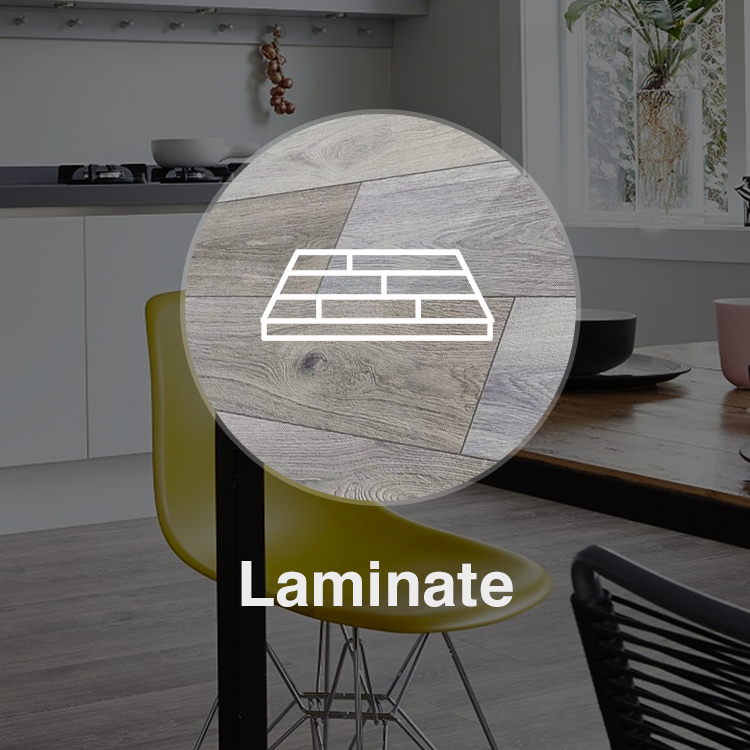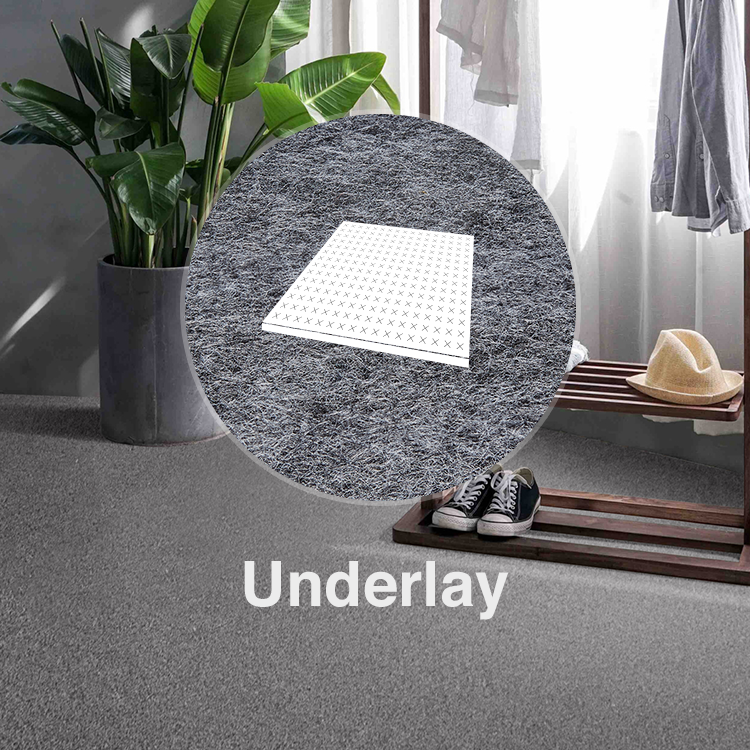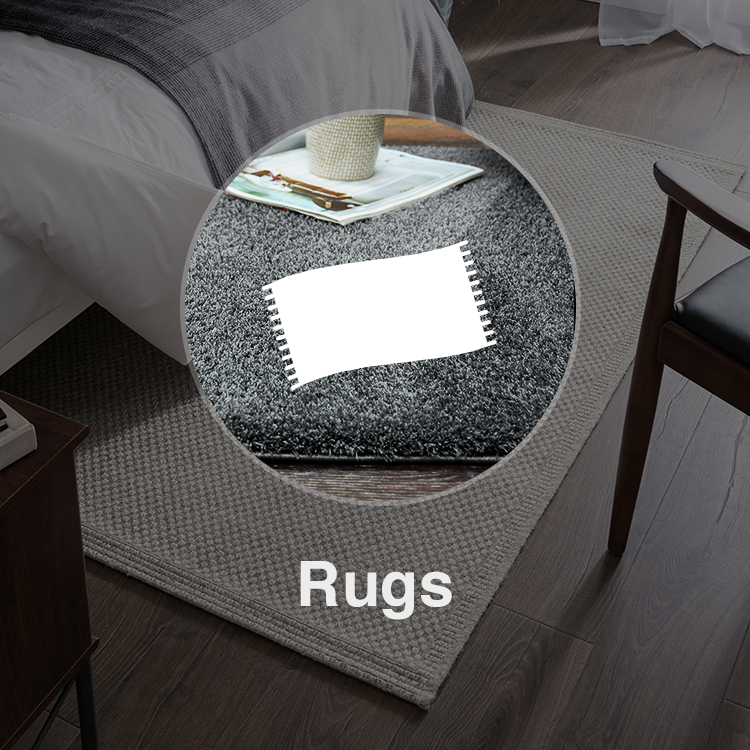Frequently asked questions about underlay
Do I need underlay for my floor?
If the flooring type you choose recommends underlay, it is not an optional extra, it is an important element to the finish, feel and wear of your flooring. The right underlay will increase the comfort of your flooring whilst also improving the lifespan by up to 50%. Key features of underlay are;
- Comfort, thanks to its cushioning properties
- Shock absorption, protecting your flooring
- Reduction of in room noise
- Insulation, therefore reducing energy bills
- Increases lifespan of your flooring
Watch our home expert Lucy Alexander talk about the importance of underlay.
Can underlay help reduce noise?
Most underlays will act as sound barriers to an extent simply by being an additional layer of material. Both the sub-floor and top flooring need to be considered when choosing underlay for noise reduction:
- Concrete sub-flooring: the sheer density of concrete will already be limiting the amount of noise from within a room that travels through to floors below. However, a cushioning underlay is necessary to make sure impact noise (the sound of someone stepping on the floor) is also absorbed.
- Timber sub-flooring: soundproof underlay for wooden floors must be cushioning to reduce impact on joints, in addition to trapping sound.
Underlay is the hidden genius behind comfortable, insulated, sound-proofed floors. It’s not just for carpet and it isn’t a “nice-to-have” – any kind of underlay will increase the durability of your flooring, and there are underlays available to suit all budgets.
One major benefit of underlay is its noise-reducing properties. As an extra layer between the sub-floor and visible flooring, underlays absorb sound to minimise the echoing footsteps that has every downstairs neighbour grinding their teeth.
Whether you’re in a flat or a house, keeping noise levels down is never a bad thing – and can help to increase the value and marketability of a property if you’re looking to sell up.
Underlay helps to:
- Reduce energy bills by trapping heat to insulate homes more efficiently
- Absorb shock, impact and pressure – making floors more comfortable to walk on, and limiting indentation from heavy furniture
- Protect joints and reduces flexing in tiles or planks, helping to preserve the condition of the floor
- Absorb sound, both from impact on floors and within a room
Different types of underlay have been specially developed for different types of flooring – for example, thinner underlays with non-slip properties have been created specifically for vinyl tile flooring. Our underlays come with tog markings to indicate insulation levels and are clearly marked with the type of flooring they’ve been designed for.
Have a look at our low price underlay.







